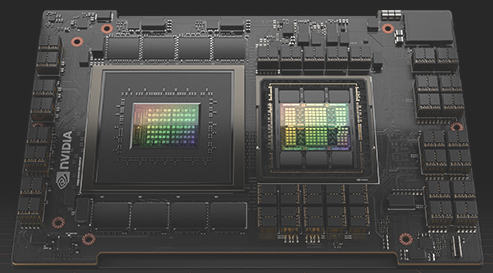
A class-action lawsuit against DoorDash is accusing the food delivery service of charging iPhone users more than customers who order via Android. It seems you could be paying for that blue message bubble(opens in a new tab) in ways you didn’t even realise.
Filed in the U.S. District Court of Maryland, the case alleges that DoorDash engages in “deceptive, misleading, and fraudulent practices” by hiding unfair fees behind certain labels.
Specifically, some DoorDash orders include an “expanded range” fee, ostensibly applied when a restaurant is outside the customer’s “normal delivery area.” The lawsuit(opens in a new tab) claims DoorDash charges this expanded range fee in a variety of situations where it is uncalled for. This includes sending orders to restaurant locations further away from the customer in order to “justify” charging the expanded range fee, as well as charging the fee to paid DashPass Program users to subsidise revenue lost under the subscription plan.
Significantly, the class-action lawsuit also accuses DoorDash of charging the expanded range fee to iPhone users but not Android users, even when they make the same order, at the same time, to be delivered to the same location.
“[A]s tests indicate, DoorDash charges the expanded range fee on iPhone users more often than Android users and charges iPhone users more for ‘delivering’ (likely because studies reveal iPhone users earn more),'” the lawsuit states. “These tactics are simply money grabs.”
The lawsuit also alleges that the app misleads customers into believing “normal delivery areas” are determined by geography, when in fact they are drawn according to how much a restaurant pays DoorDash.
Grubhub, DoorDash hit with lawsuit for ‘deceptive and unfair’ practices in Chicago
The suit contains a slew of other allegations as well, including claims that DoorDash’s “city” fees mislead customers into believing the money is actually paid to the local government. The suit further claims that though DoorDash charges an optional “Express” fee of $3, the delivery service actually has no ability to hasten your order. This would mean paying DoorDash for expedited delivery may not get you fed any faster than if you just spent that $3 on a few extra sauce packets.
Mashable has reached out to DoorDash for comment.
This isn’t the first time DoorDash’s fee structure has come under judicial scrutiny. The company was previously the subject of a 2021 Chicago lawsuit, which alleged it used “bait-and-switch” tactics by initially displaying small delivery fees, then piling on additional costs at the end of an order. The suit also claimed DoorDash customers were misled about where their money was going, as “the customer ‘tip’ was used to subsidize DoorDash’s own payment to its drivers,” and the $1.50 “Chicago fee” went into DoorDash’s pocket rather than to the city.
DoorDash further paid $2.5 million in 2020 to settle a D.C. lawsuit(opens in a new tab) accusing it of misleading customers as to where their tips actually went.








